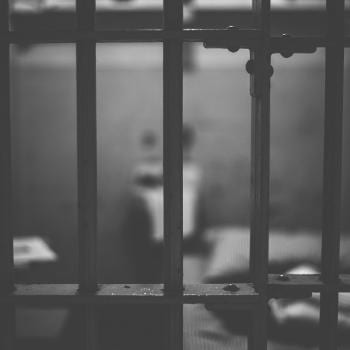In my post earlier today, I wrote the following:
If you are a non-transgender man, please understand that you have no experience living life as a woman.
An exchange took place in the comments that is worth highlighting.
First, reader Isaac had this to say:
Re: Trans men having lived experience “as women”—I think this can be somewhat true, but it’s an idea to apply carefully and lightly. Each trans man has a different experience in which he may experience more or less misogyny directed at him. His experience is also colored by his race, class, and other circumstances, and the end result can be a man who’s basically as clueless about the realities of living-while-female as any cis man. (This’s also true of some cis women—plenty of sexist and anti-feminist stuff comes out of their mouths, after all.) Basically I feel that just as there is no such thing as one “male socialization”, there isn’t one “female socialization” experienced by trans men either.
I clarified that I was referring to the period before transition, as most transgender men present as female for at least some time before transition. I mentioned that this is why I phrased it as “living life as a woman” rather than “being a woman.” I asked whether this distinction made sense.
Reader Ccalliope responded with this:
I wouldn’t say it’s “living as a woman” either, it’s being perceived and treated like a woman. I get a bit wordy here, but since you are always very attentive to these things, hopefully you’ll appreciate it:
A big difference is that you internalize things differently yourself—you don’t necessarily feel the injustice of misogyny when it’s directed at you because it feels like another case of degendering. I can say from experience that my response to for instance catcalls has been “well this is awful, he thinks I’m a girl!” (it’s a bad emotional reaction and I got better). Same thing with many harmful societal messages directed at women—FAAB non-women (this definitely also applies to nonbinary people who aren’t women—everyone to different degrees of course) will not necessarily be effected by misogyny the way women, cis and trans of course, are.
It’s the old socialization argument that gets used to shut trans women out of feminist discourse—oh you were raised as a boy, you haven’t experienced misogyny, you have “residual male privilege”. When—no. Misogyny is all over, in the very patriarchal air we breathe, and it affects women even when it’s not focussed and pointed and addressed to them by name, just because of them being women. And conversely men/non-women will internalize it differently when it is addressed to them. It’s a little like saying a straight boy who has homophobic slurs thrown at him has insight into the struggles of being gay. Sure, if it happens to him constantly and he’s an empathetic child, yes, he may learn from it and know not to be a homophobe. Or he might do the opposite, desperate to show everyone that he’s not a [slur], because he’s good and [slurs]s are bad.
Obviously being trans is on a whole different scale, and vastly more complex. Trans man/cis woman is a more complicated dynamic of privilege and disadvantage than straight/gay, self-awareness as trans at the time is a part of this, as is the degree to which any given trans man identifies with womanhood personally, but I believe my point stands.
Being treated like a woman isn’t the same as experiencing misogyny as a woman, and I would never automatically assume a trans man has more insight into the awfulness of misogyny than a cis man.
I found this extremely helpful, and hopefully some of the rest of you do too!














